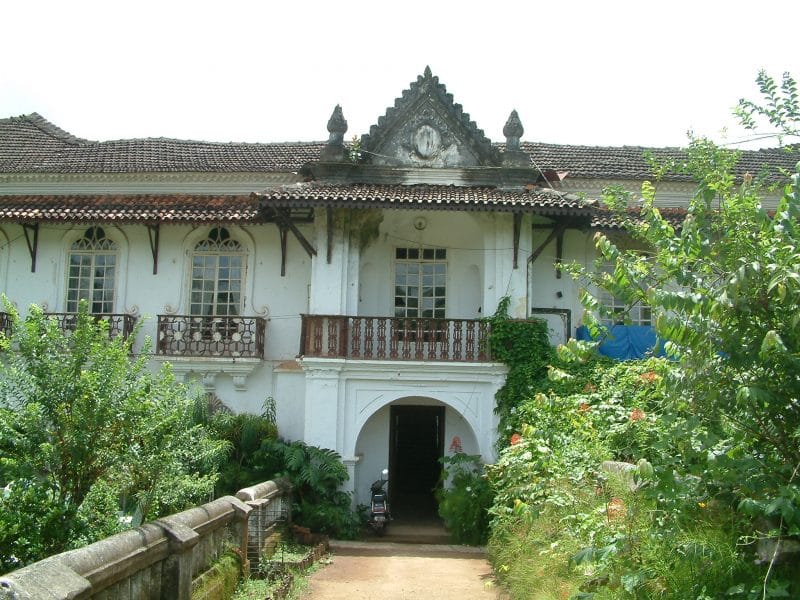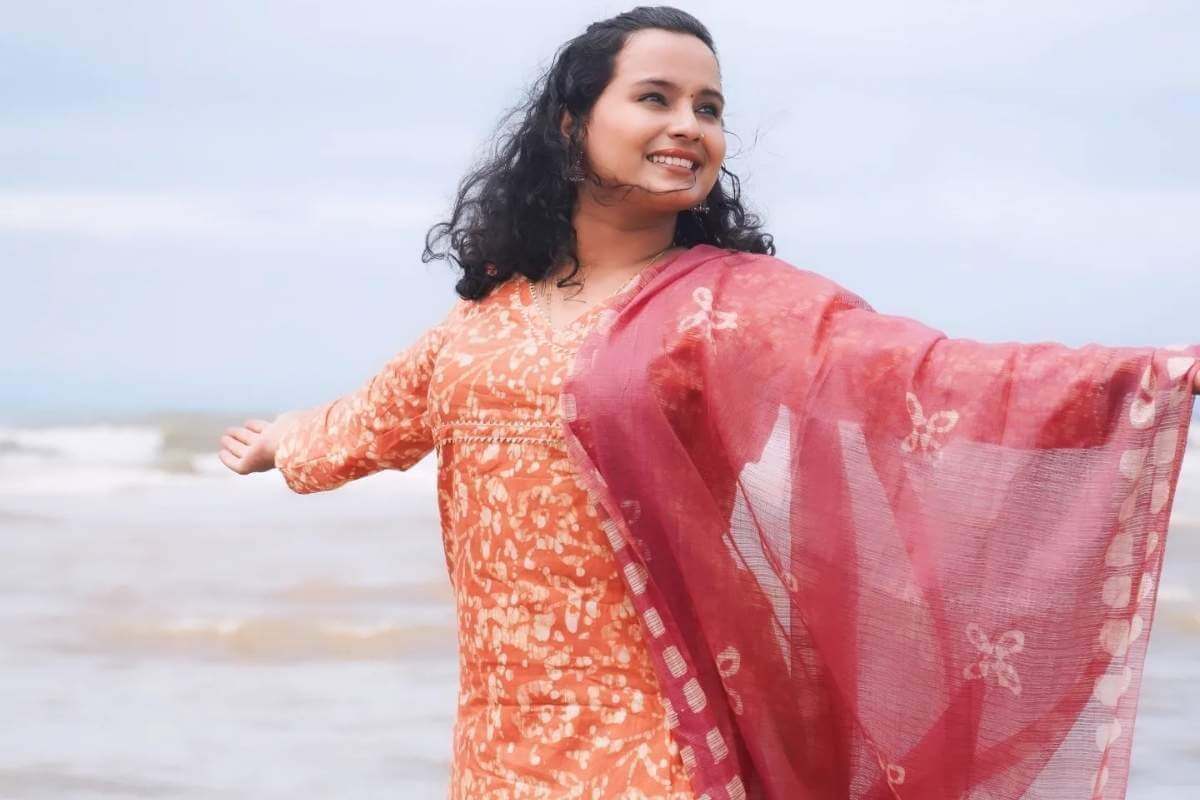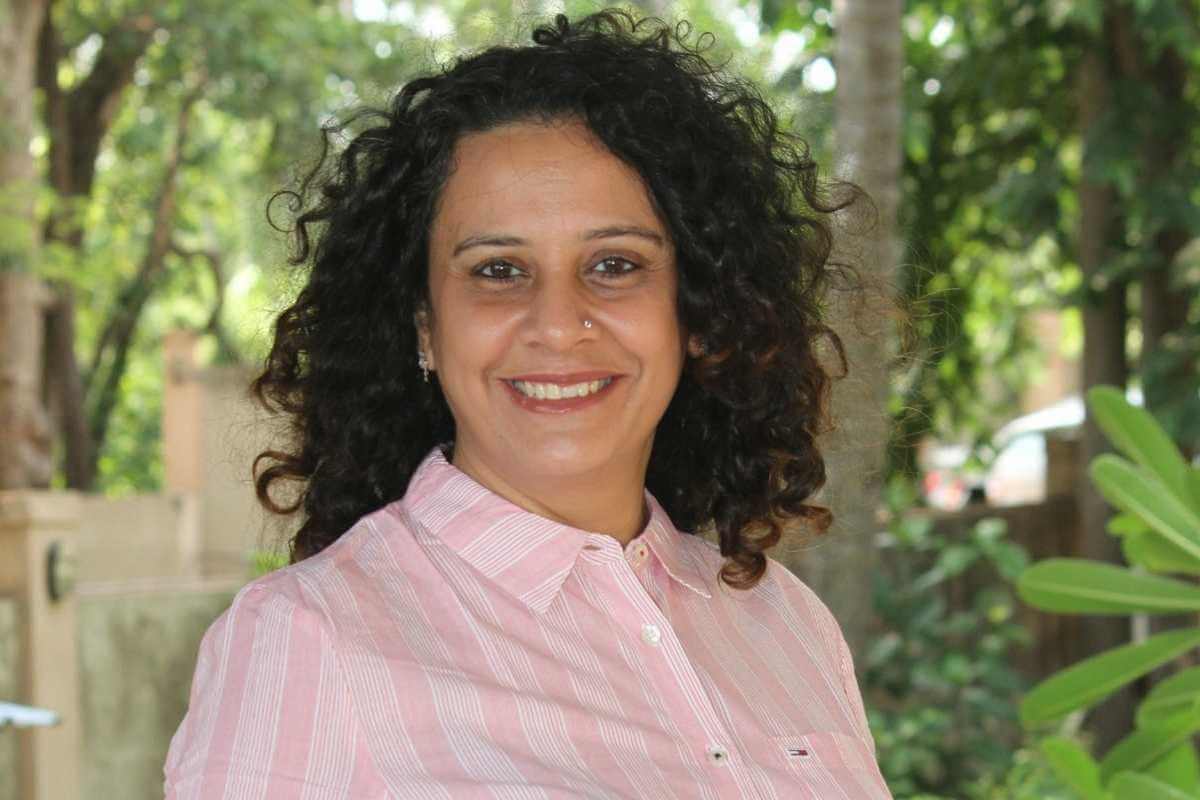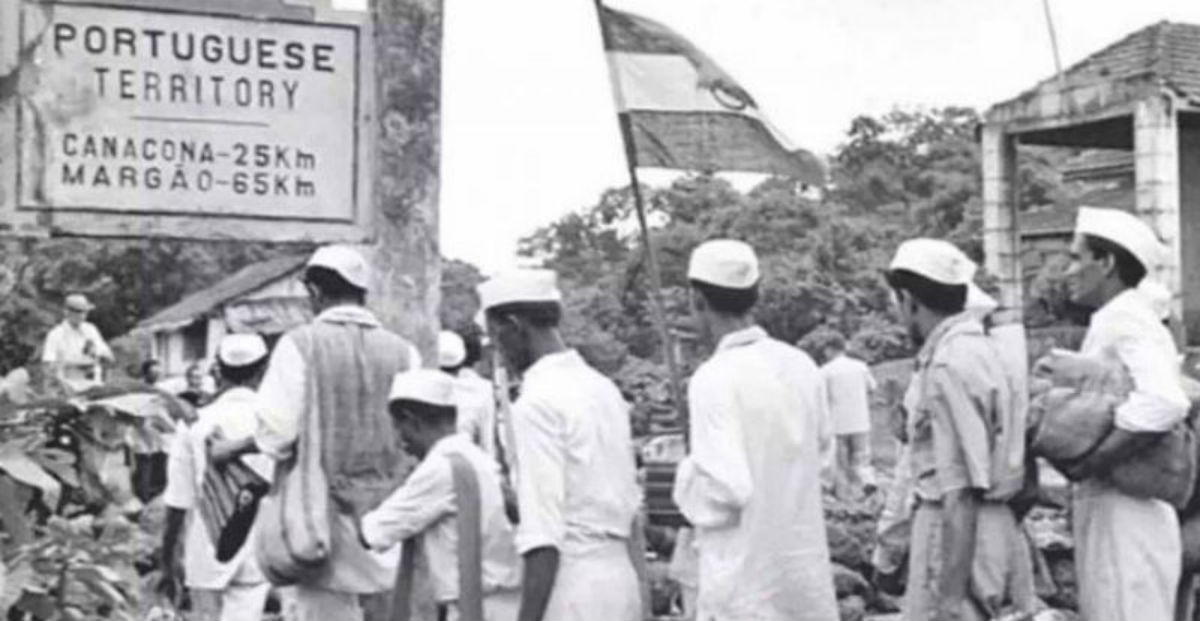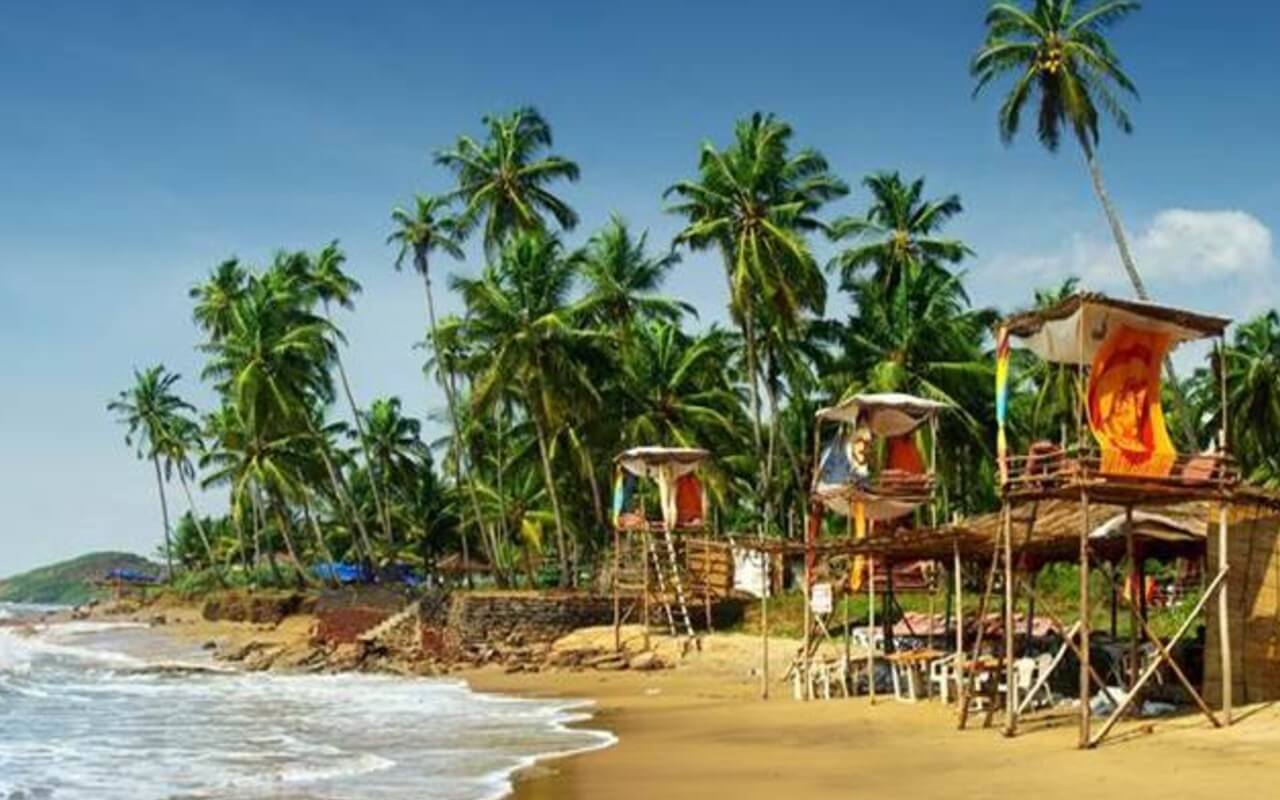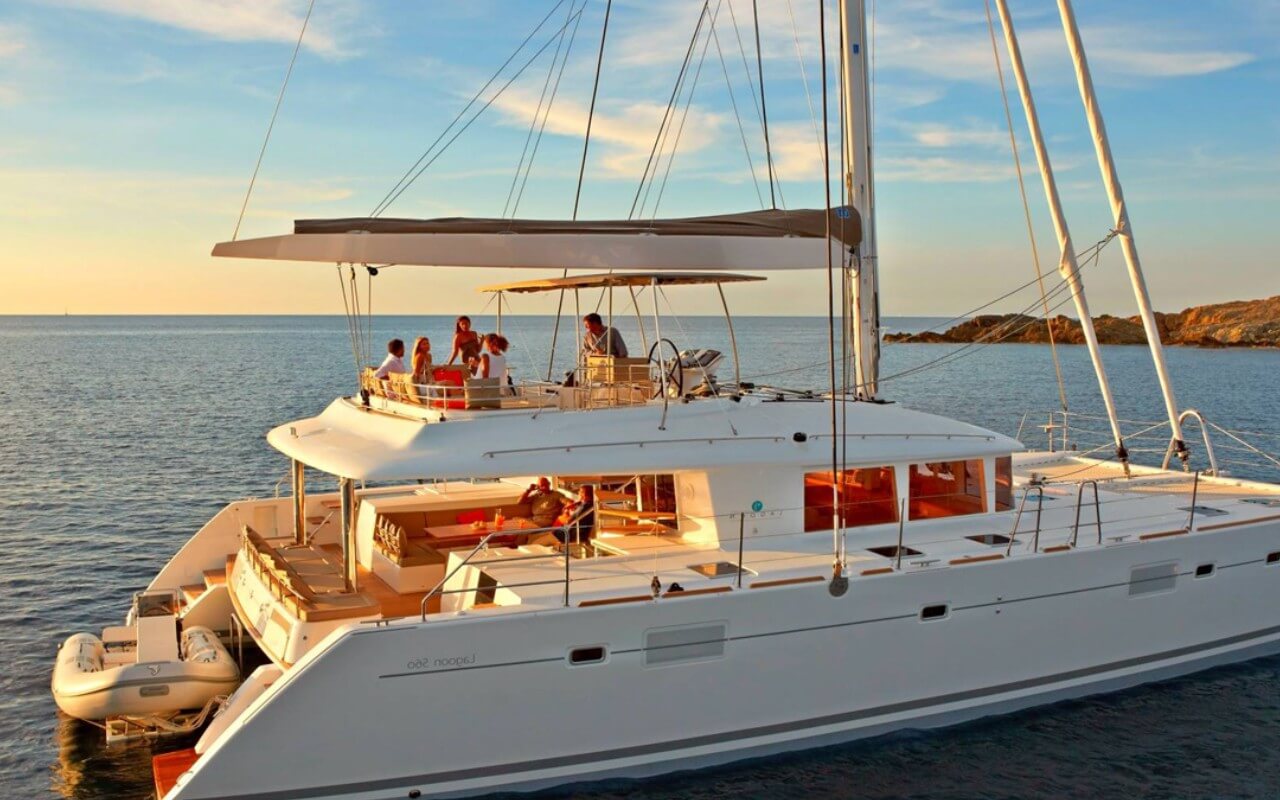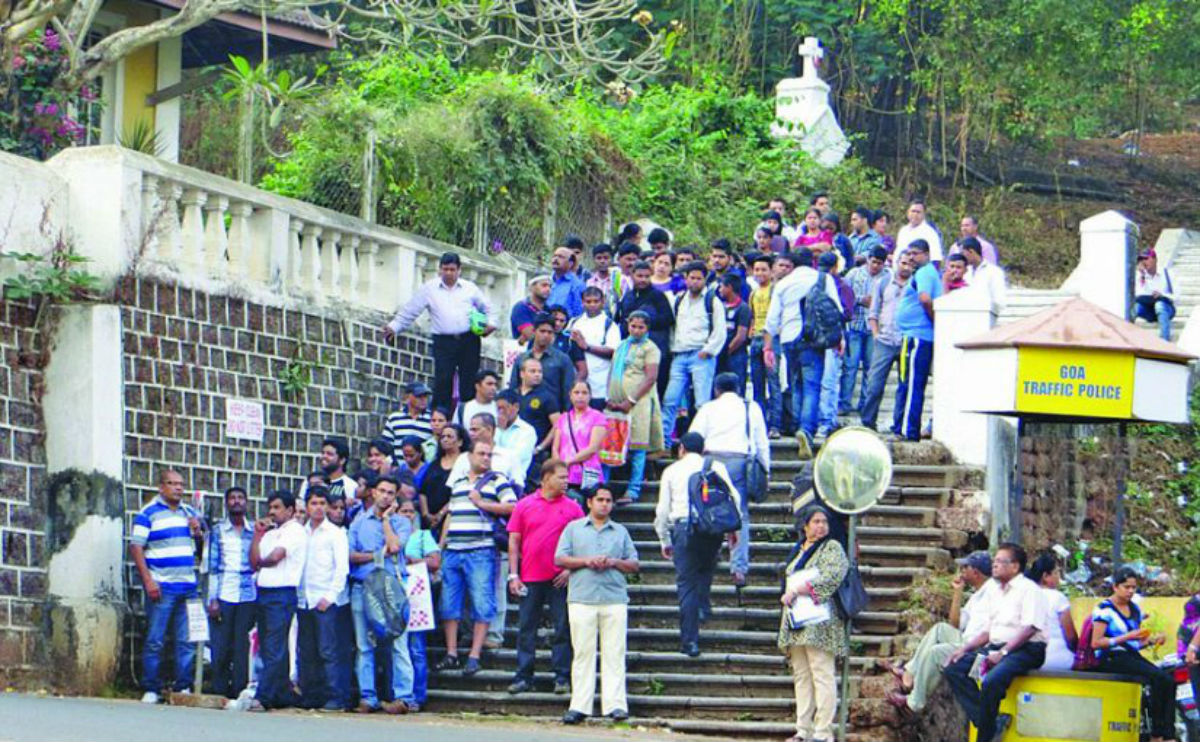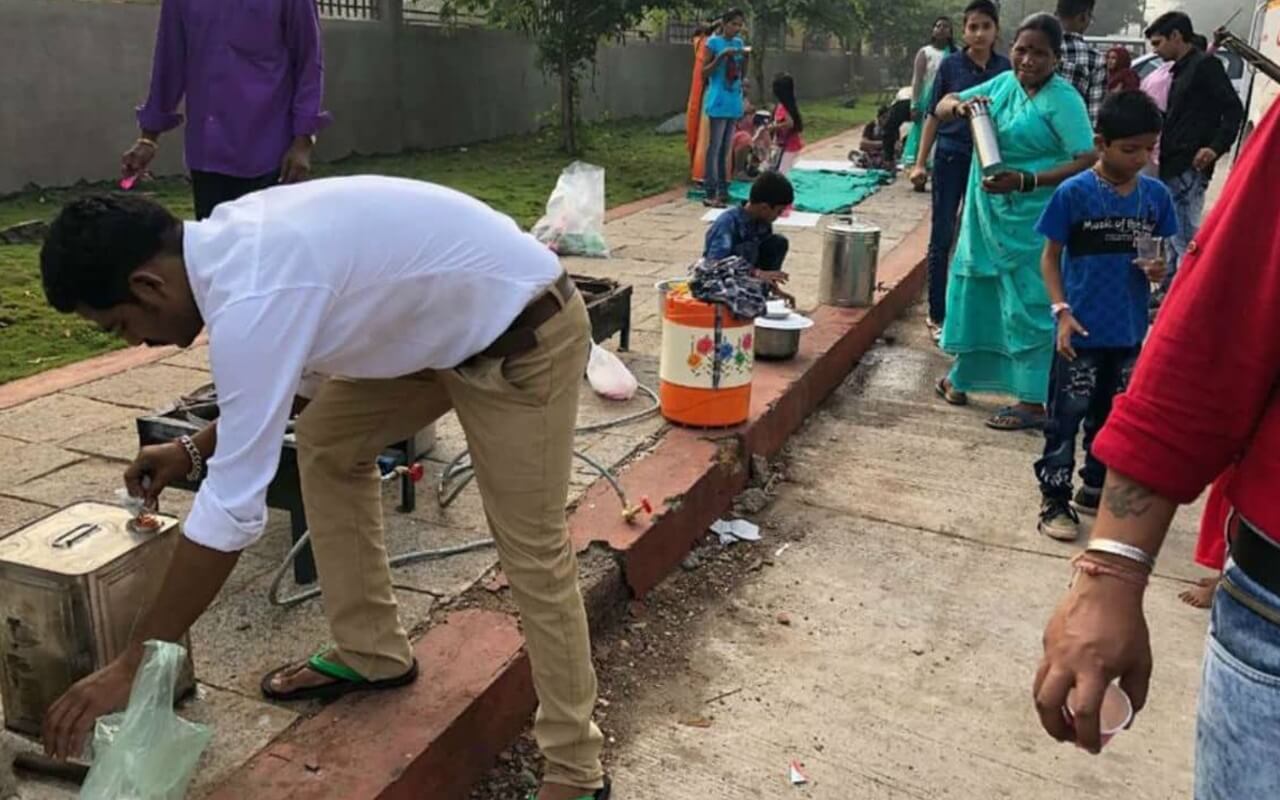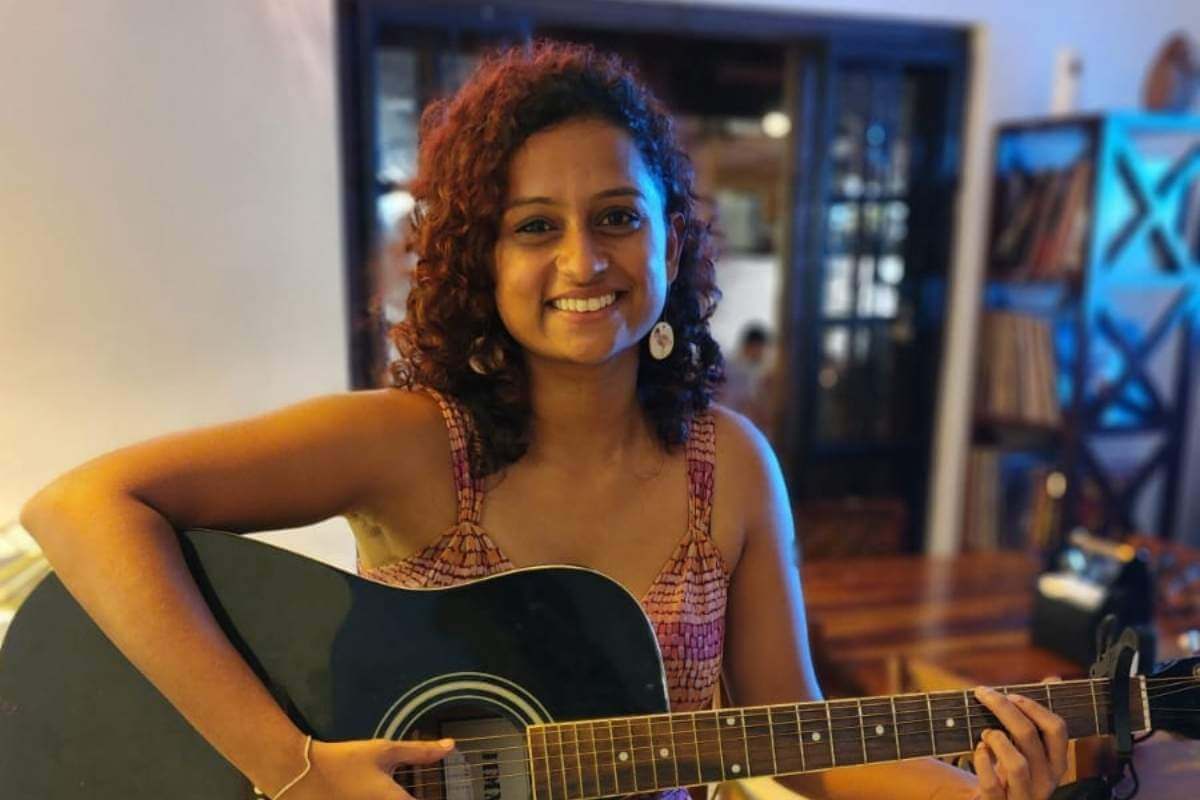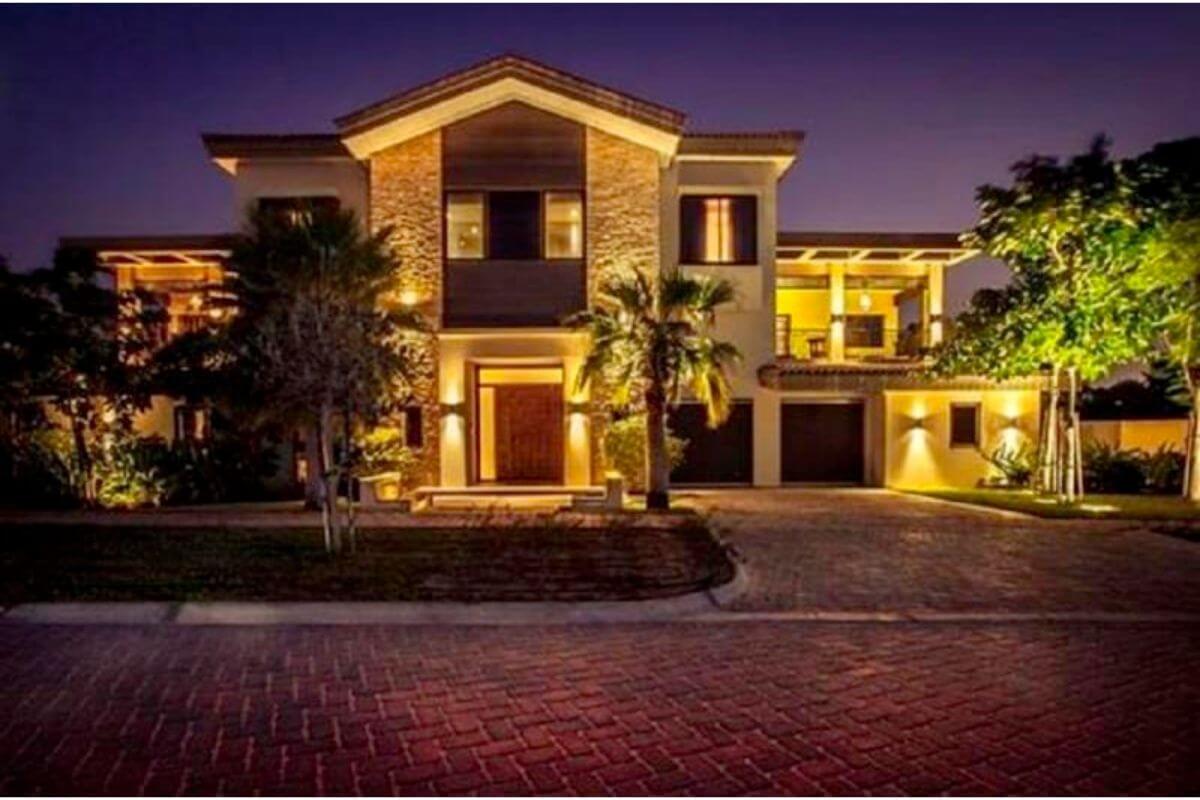The colonial houses of Goa are the series of stories which we will bring to you in parts it is based on the in-depth research of the heritage houses of Goa. Here we are going to take you through the journey of the unknown giving you the bit by bit details of “The Colonial Houses of Goa” this will also include the brief history and present status. In this part, we are going to take you to the house of Menezes Braganza Pereira also known as Braganza House situated in Chandor.
Goa has a treasure of great historical monuments, some of it is taken over by the government and preserved maintaining the guidelines of world heritage sites, but few are still under the control of individuals, they live in there and it is their ancestral house which they do not intend to convert into any sort of museum or heritage site. One such example is the Braganza House situated at Chandor owned by Mrs Auria Braganza Pereira.
Mrs Auria claims that she is the 14th generation of Braganza family “I am the 14th generation of this family tree and the only survivor as from my generation all others are dead, My children are the 15th generation and my grandchildren are of the 16th generation,” She said.
Mrs Auria, though very old, but she is the lady of substance, having a very deep voice and good command over the language. She is the only person in the family who knows the detailed history of this place and the story which we are about to unfold has been narrated by her.
According to Mrs Auria, she is living in this house along with her children and grandchildren altogether 15 members. “This house was built in the 16th century but in 3 phases out which, one of the oldest phase is around 500 years old. The first extension was built after 100 years (it means the first extension was done 400 years ago) and the second extension was done after 200 years, so altogether this house was constructed into three phases of altogether 300 years of gap,” She explained in detail.

Mrs Auria also revealed that this is the only place after the old Goa which has the relics of St. Francis Xavier preserved therein, which makes this place a holy heritage structure of Goa. “In the chapel we have preserved one fingernail of St. Francis Xavier,” She claimed. According to her most of the colonial houses in Goa were built during the Portuguese reign by Portuguese rulers.
In order to verify the facts about the conversion of religion in those days, we asked Mrs Auria and she clarified our doubts saying that her ancestors were Hindu just like most of the Goans and after the entry of Portuguese they were converted to Christianity. Before the conversion, their family had a surname as “Desai” “My first ancestors were Hindu (Desai) and subsequently they were converted and this house was build after Portuguese came here in Goa,” She said.
She also revealed that her ancestors were on the high posts in the Portuguese government and one of their ancestors, A.F.S. Braganza Pereira was representing the embassy of Spain in Goa. “It is during that time those two chairs which are in the ballroom were gifted to him by the Portuguese ruler,” She said. This shows that her ancestors were having a very good hold in the Portuguese government during those days.
If you check the information on most of the online portals it will give you the wrong information about this place as they were perhaps gathered from the unreliable sources, one of the websites claims that this house is just 350 years old while according to the information given by Mrs Auria it is more than 500 years old. There is one more thing which Mrs Auria forgot to mention in the conversation and that is, this big mansion is divided equally into the two parts as this place was inherited by two sisters in the family.
Since they were two daughters of this house both the wings were named after their husbands, the West wing was named after Menezes Braganza and East wing Braganza Pereira which is presently under the control of Mrs Auria. The Old Portuguese styled façade gives the entry to both the wings which consists of a total of 24 windows and this is one of the longest ancestral houses in Goa. The whole structure of the house is made up of laterite and the chairs and tables in the garden area are made up of imported mosaic material during the Portuguese era.
According to Mrs Auria, Chador was the first capital of Goa in 11th – 13th century during the rule of Kadambas and before the entry of Portuguese and It was known as Chandrapur. After the Portuguese came to Goa they shifted the capital to Old Goa, also known as Velha Goa and after the spread of plague, the capital finally moved to Panaji which remains as the capital of Goa till date.
Although this house is divided into two equal parts but the house of the east wing which we have visited is owned and maintained by Mrs Aura Braganza Pereira and she calls it house and not a museum while the west wing which belongs to Late Mrs. Aida Menezes Braganza which, unfortunately, we did not get the chance to visit is apparently converted into the museum having more posh look inside but it does not have the essence of traditional old Portuguese house which is there is east wing beside that the east wing also has a grand ballroom and the chapel too.
According to Mrs Auria, they do not charge any fees for the entry to their house but people who visit their place do donate a small token amount which is used by the Braganza Pereira family towards the maintenance.
When we spoke to Mrs Aura about the maintenance issue she may be facing such big place she said that “We opened this house for the tourist almost 50 years back but we never asked for any help from anybody, towards the entry, whatever visitors feel is fair they donate with their will,” she said.
“We have a fleet of 6 people who keep the place up-to-date,” said Mrs Auria. “They come from Monday to Saturday and do all the cleaning work including Washing, cleaning and dusting, their task includes of cleaning the chandeliers and windows, we pay them around 400 per day for the man and 200 per day for woman labourers.
When we asked Mrs Auria whether she will be selling this place anytime in future as the maintenance cost is very expensive and no source of revenue generation is available she said that “I will never ever sell this place, it is our residence and I have lots of memories and emotionally attached to it” when I asked what does she thinks about her children she said that she has full faith in her children and behind her they will also maintain this place in the same spirit and they will never ever sell this place.



